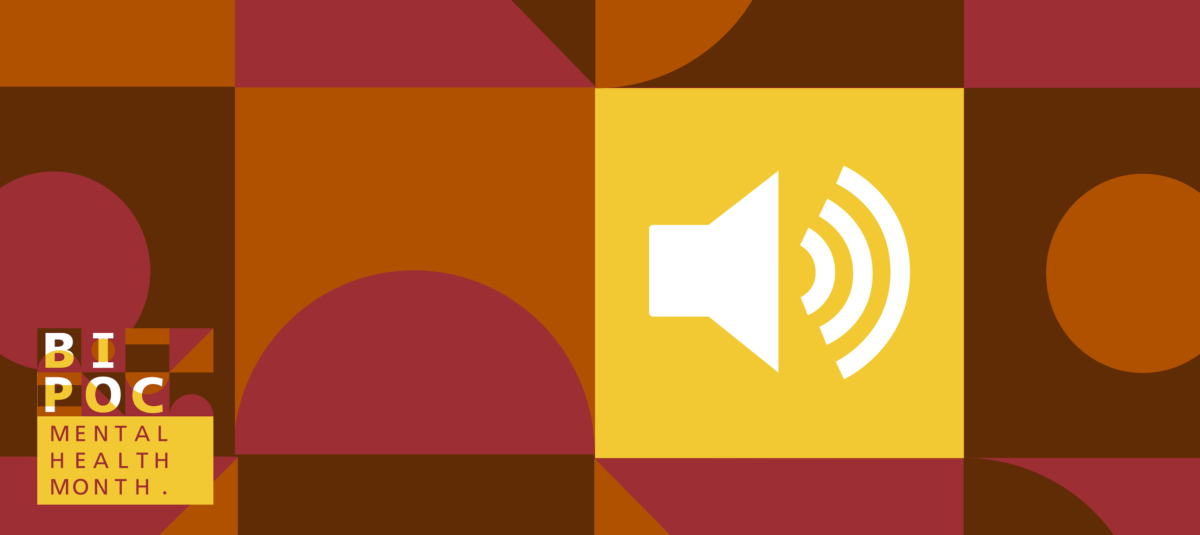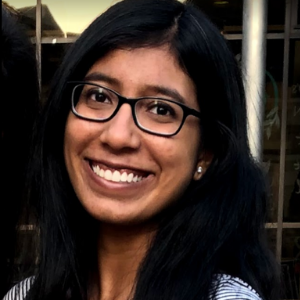I’ve always been surrounded by strong women. In fact, I spent the first few years of my life with my grandmother in India while my parents settled down in the United States. My grandmother is most unbreakable in my eyes. Despite dropping out of school early and marrying my grandfather as a teenager, she sacrificed her youth to save resources and lay the foundation for our family’s success. Even so, every trip I take to visit her serves as a disheartening reminder that not everyone sees my grandmother through my eyes.
Although India has been rapidly modernizing, those with mental illness still face deep-rooted social stigma and an uphill battle to treatment. Admitting to a struggle with depression is a quick ticket to sharp side glances, disbelief about how one can be “sad,” or unhelpful comparisons to those who are less fortunate.
When I first joined Active Minds at the beginning of my college career, I did so with my grandmother in mind. Deeply disgruntled by the attitudes toward mental health in the South Asian community, I felt I would be satisfied if our organization’s efforts even helped one South Asian open up about their struggle or receive the help they need. This personal goal of mine quickly expanded as I realized South Asians are among a list of many communities which face hurdles in addressing mental health. Our race, gender, and color all play a role in the way we approach these struggles.
Allyship is more important than ever. Our society is beginning to recognize the systemic challenges faced by Black individuals. For example, we know minorities are less likely to receive the mental health care they need. Black individuals often face steep stigma and have an understandable distrust of the medical system that may prevent them from getting assistance. As a South Asian, I am not able to relate to the intrinsic difficulties this community faces, but I can certainly listen and learn. If you’d like to do the same, check out the June episodes of Brené Brown’s ‘Unlocking Us’ podcast for thought-provoking conversations from experts on this topic!
Issues like mental health stigma and racism are so deeply embedded it will likely take decades for our society to overcome them. Although this can be somewhat disheartening, here are some things each of us can do. Try to make positive changes in your small circle or community. Use tools like V-A-R® to listen to others’ experiences. Elevate the stories of the unheard. Now is the time to expand platforms where oppressed communities can share their experiences and for us to listen.




